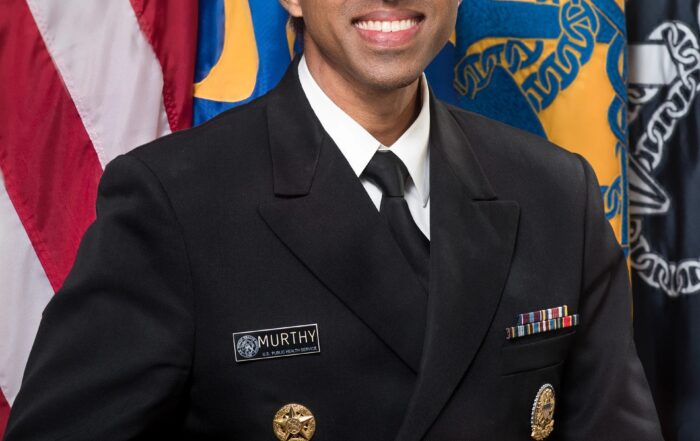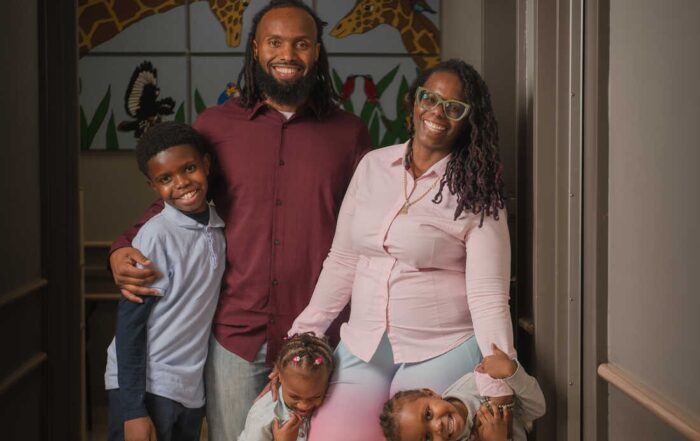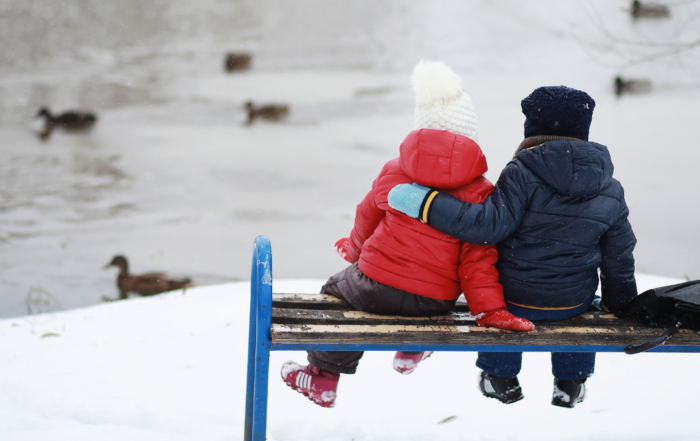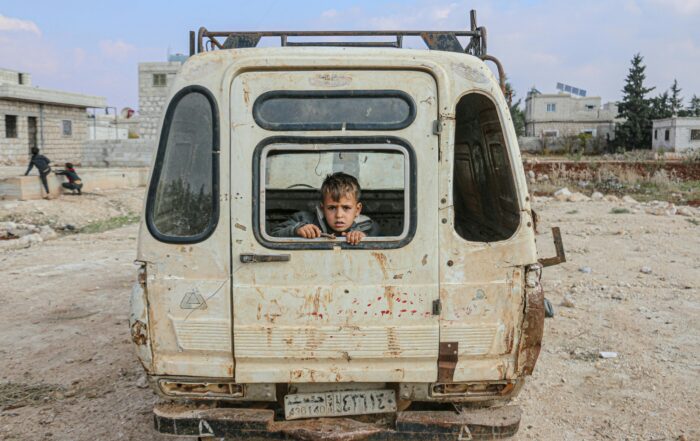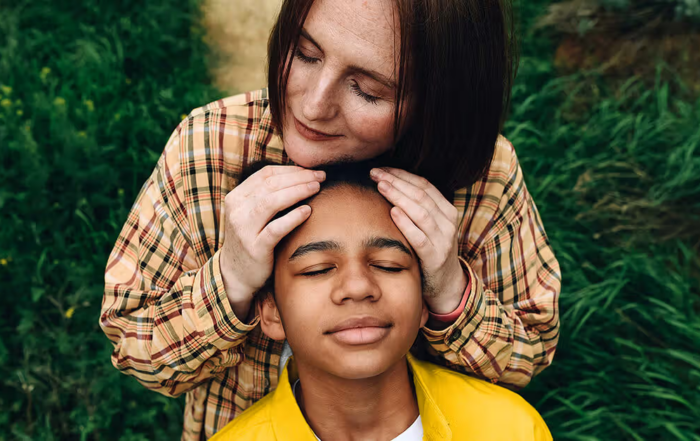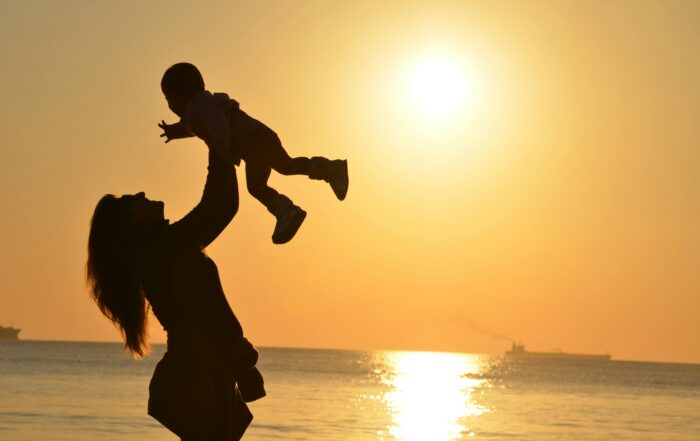By David M. Allen, M.D.
One of the things that child abuse deniers like the False Memory Syndrome Foundation focus on, besides child abuse apologist Elizabeth Loftus’s irrelevant arguments about the unreliability of memory (more on that at the end of the post), is the fact that many adults who claim to have been victims of incest as children did not tell any other adults about it at the time the alleged incidents took place.
Some children do tell. So why wouldn’t the others?
May logical-sounding explanations have been advanced to explain why not. In an article in the December 2010 issue of Psychiatric Times, Richard Kluft lists several of them: incomprehension, shame, fear of retaliation, and the misperception that the child is to blame. He also mentions loyalty conflicts, but more on that shortly.
Share This Post!
The Mental Health of Minority and Marginalized Young People: An Opportunity for Action
By Vivek H. Murthy, Surgeon General Mental health is an essential part of overall health. It not only affects the ability of young people to succeed in school, at work, and [...]
How to Break the Cycle of Childhoold Trauma? Help a Baby’s Parents
By Rhitu Chatterjee, NPR Teresa Cox-Bates was only 11 years old when her father died, an event that dramatically altered her family's circumstances and shaped her childhood experiences. Studies also show [...]
Supporting Children and Teens During the Holiday Season
Provided by The National Child Traumatic Stress Network This fact sheet provides tips that parents can use to talk to their children and teens about how they are feeling and changes [...]
How a History of Trauma is Affecting the Children of Gaza
By Rhitu Chatterjee, NPR Researchers say the cumulative trauma of chronic ethnic-political violence has a profound and lasting impact on children's mental health and development, affecting their functioning and outlook on [...]
Helping Children Cope After a Traumatic Event
Provided by the Child Mind Institute In the wake of a traumatic event, your comfort, support and reassurance can make children feel safe, help them manage their fears, guide them through [...]
Mental Health Resources for Caregivers
Provided by Mental Health America Caregiving can often have a significant impact on the life of the caregiver in more ways than one. It can make maintaining your physical and mental [...]


